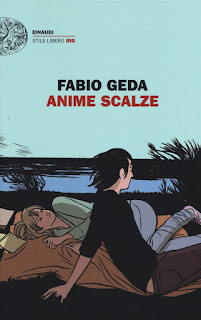Animal Farm, George Orwell
Animal Farm is a social and political allegory which symbolically discusses the history and the rhetoric of the Russian revolution. It was written by George Orwell between 1943 and 1944, almost at the end of the Second World War. The first title of this classical novel was “Animal farm: A fairy story”, because the structure of the story is the same as the one of fairy tales, with talking animals and a moral.
Though very simple, the plot hides some deep and complex themes and reflections . Basically it’s the story of a group of farm animals who every day had to obey their farmer until one day, guided by some pigs, they decided to rebel, hoping to create a better and more egalitarian society. The initial ideas of the animals were simple and could be summed up in the seven commandments which were written on a wall in the barn: all those rules revolved around the most important one: “all animals are equals”.
Time passed and with the revolution the animals took more and more power every day: the most intelligent animals started to guide and give orders to the others and the commandments were transformed one by one; just few animals had the same freedom they had had before the revolution which ended up destroying not only the balance in the relationship with the farmer , but it also transformed the farm into a tyranny guided only by a pig, Napoleon, who felt superior to all the other animals. In the end the pigs, after having started to rule over all the others, started to resemble humans, their initial enemy, also in their behaviour or way of walking (on two legs). The idealistic slogan “all animals are equal” turned into “All animals are equal, but some are more equal than others”
The main themes of the story are corruption - and its presence into politics and power ; the failure of intellect - the most intelligent animals prevailed over the others , ignoring the rules and creating violence ; the abuse of language as instrumental to the abuse of power - since the pigs took the power they twisted the meaning of their own words ( for example in the commandments) to keep other animals in the dark.
The moral of this story is that in order to survive you have to think with your own mind, debate and discuss other people’s ideas so that you can also change yours: one of the most important things in life is to have an open mind, and, if it’s necessary have the courage to express your opinion, even if sometimes it’s easier to keep it for you. A classic that everybody should read at least once in their life.
Susanna Ferracuti


